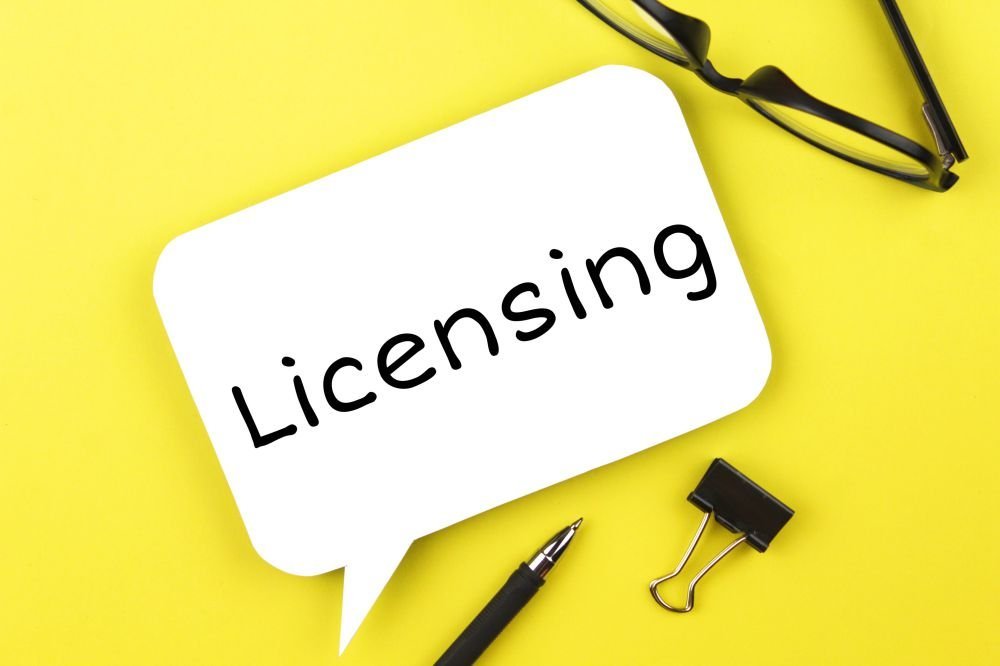Trademark licensing in Turkey allows a trademark owner (the licensor) to grant permission to another party (the licensee) to use their trademark under defined conditions. This practice helps businesses expand their brand presence, enter new markets, and generate revenue without directly engaging in extensive business operations.
Trademark Licensing in Turkey
Trademark licensing in Turkey is a strategic tool for businesses looking to expand their brand’s footprint while leveraging the established market presence of local partners. Under the Turkish Industrial Property Law No. 6769, trademark licensing agreements must be carefully crafted to define the scope of the license, including the specific goods or services covered, geographic limitations, and duration.
An important consideration is whether the license will be exclusive or non-exclusive, affecting the licensor’s ability to grant similar rights to other parties. Quality control provisions are critical, as they ensure that the licensee maintains the standards associated with the trademark, protecting the brand’s reputation.
Financial terms such as royalty rates and payment schedules should be clearly outlined, alongside comprehensive termination clauses to manage potential breaches or disputes.
Although not mandatory, registering the trademark license with the Turkish Patent and Trademark Office (TURKPATENT) is advisable as it enhances legal protection and public notice, thereby safeguarding the interests of both parties.

Understanding Trademark Licensing
The distinction between exclusive and non-exclusive licenses is crucial, as it determines whether the licensor can grant similar rights to other entities. Quality control is vital to ensure that the licensee maintains the trademark’s standards, protecting its value and reputation.
Trademark licensing facilitates market expansion, boosts brand recognition, and generates revenue through royalties, while fostering innovation and collaboration between licensors and licensees.
At Ata Patent Group, we specialize in guiding clients through the complexities of trademark licensing, from drafting agreements and conducting due diligence to registering licenses and ensuring compliance with Turkish law.





Legal Framework for Trademark Licensing in Turkey
Trademark licensing in Turkey is governed by the Turkish Industrial Property Law No. 6769, which aligns with international standards. This legislation provides a robust legal framework to protect the rights of both licensors and licensees, ensuring that the licensed trademarks are used in a manner that upholds their reputation and value.
Key Aspects of Trademark Licensing Agreements
When entering into a trademark licensing agreement in Turkey, several critical elements must be addressed:
- Scope of the License: Clearly define the scope, including the goods or services covered, geographical areas, and the duration of the license.
- Exclusivity: Specify whether the license is exclusive or non-exclusive. An exclusive license grants the licensee sole rights to use the trademark, while a non-exclusive license allows multiple licensees.
- Quality Control: Implement quality control measures to maintain the standards associated with the trademark, as the licensor remains responsible for the quality of goods or services provided under the licensed trademark.
- Royalties and Payments: Outline the financial terms, including royalty rates, payment schedules, and any additional fees or expenses.
- Termination Clauses: Include conditions under which the agreement can be terminated, such as breach of contract, insolvency, or mutual agreement.
Ata Patent Group is Istanbul’s premier intellectual property law firm, serving clients locally and globally since 1996
Selcuk Akkas, Attorney at Law, Patent & Trademark Attorney
Registration of Trademark Licenses
In Turkey, while it is not mandatory to register a trademark license with the TURKPATENT, doing so offers significant benefits. Registration provides public notice of the license and affords the licensee certain rights against third parties. It also enhances the enforceability of the license in legal disputes.
Benefits of Trademark Licensing
Trademark licensing offers numerous advantages:
- Market Expansion: Enables licensors to enter new markets without substantial investment.
- Brand Recognition: Increases brand visibility and recognition through the activities of licensees.
- Revenue Generation: Provides a steady income stream through royalties and licensing fees.
- Innovation and Collaboration: Fosters innovation and collaboration between licensors and licensees, enhancing product or service offerings.
Ensuring Compliance and Protection
To ensure compliance and protection in trademark licensing, both parties should:
- Conduct thorough due diligence before entering into an agreement.
- Draft clear and comprehensive licensing agreements with the assistance of legal professionals.
- Regularly monitor and enforce quality control standards.
- Seek registration of the license with the TURKPATENT to bolster legal protection.
How We Can Assist
At Ata Patent Group, we offer expert legal advice and support for all aspects of trademark licensing in Turkey. Our services include:
- Drafting and negotiating trademark licensing agreements.
- Conducting due diligence on potential licensees.
- Assisting with the registration of licenses with the TURKPATENT.
- Advising on quality control measures and compliance issues.
- Representing clients in disputes related to trademark licensing.

Contact us for Trademark Licensing in Turkey
Trademark licensing in Turkey serves as an effective strategy for companies aiming to extend their brand influence without substantial direct investment. According to Turkish Industrial Property Law No. 6769, a well-defined trademark licensing agreement should specify the scope, including covered products or services, geographical range, and term duration.
For expert guidance on trademark licensing in Turkey, including drafting agreements, due diligence, and TURKPATENT registration, contact Ata Patent Group. Our experienced team is dedicated to ensuring your intellectual property rights are protected and optimized for business success.




